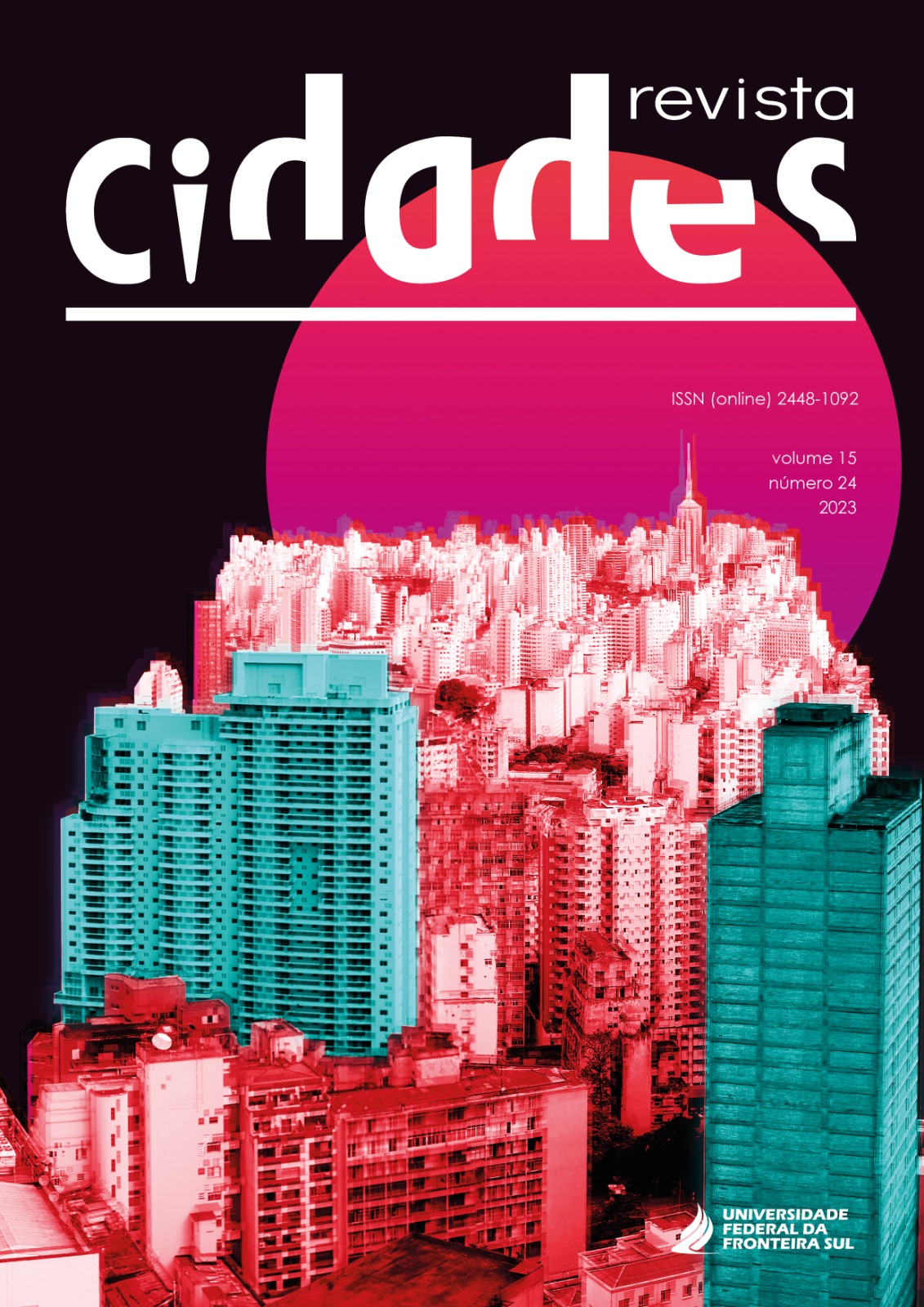Contemporary faces of urbanization and the urban in Brazil: a case in the semiarid region
DOI:
https://doi.org/10.36661/2448-1092.2023v15n24.13642Keywords:
Urbanization, Brazil, Medium size cities, Mossoró, Neoextractivism, Socio-spatial inequalitiesAbstract
There are many demands to understand the new faces of Brazilian urbanization in the 21st century. One of these concerns better inferring the role that non-metropolitan urban spaces play in the urban network. Several of these spaces are among the holders of intense economic dynamism, with profound impacts both on urban (re)structuring and urban-regional. This article has as spatial clipping on Mossoró (RN), a medium-sized city located in the semi-arid region, which has undergone significant processes of productive and territorial restructuring since the 1990s. Such processes re-signified its economy, its urban structure and its regional roles. Presenting some characteristics of its economy and its urban (re)structuring is our main objective. We conclude that, in terms of regional functions, Mossoró plays classic roles of a medium city. On the other hand, that the three pillar productive activities of the urban and regional economy commanded by Mossoró are based on the old forms of private appropriation of nature, allowing the use of the term neoextractivism to explain the political economy of its urbanization. Considering that the overwhelming majority of markets for such activities are not local, but national and international, we understand that cities and regions are increasingly managed by exogenous interests and determinations. Mossoró and the region thus become alienated and corporate, with no power to define the course of their development. This has a direct impact on the worsening of socio-spatial inequalities on an urban and regional scale. Reality palpable in many ways, such as socio-spatial fragmentation at the urban scale
Downloads
Published
Issue
Section
License
CIDADES is licensed under the Creative Commons Attribution 4.0 International License. The journal will not promote any form of remuneration for copyright and authors, when submitting their texts, confirm knowledge about their disclosure in open access. Likewise, CIDADES will not charge authors any publication or review fees. The authors are the copyright holders of the texts published in the journal.














